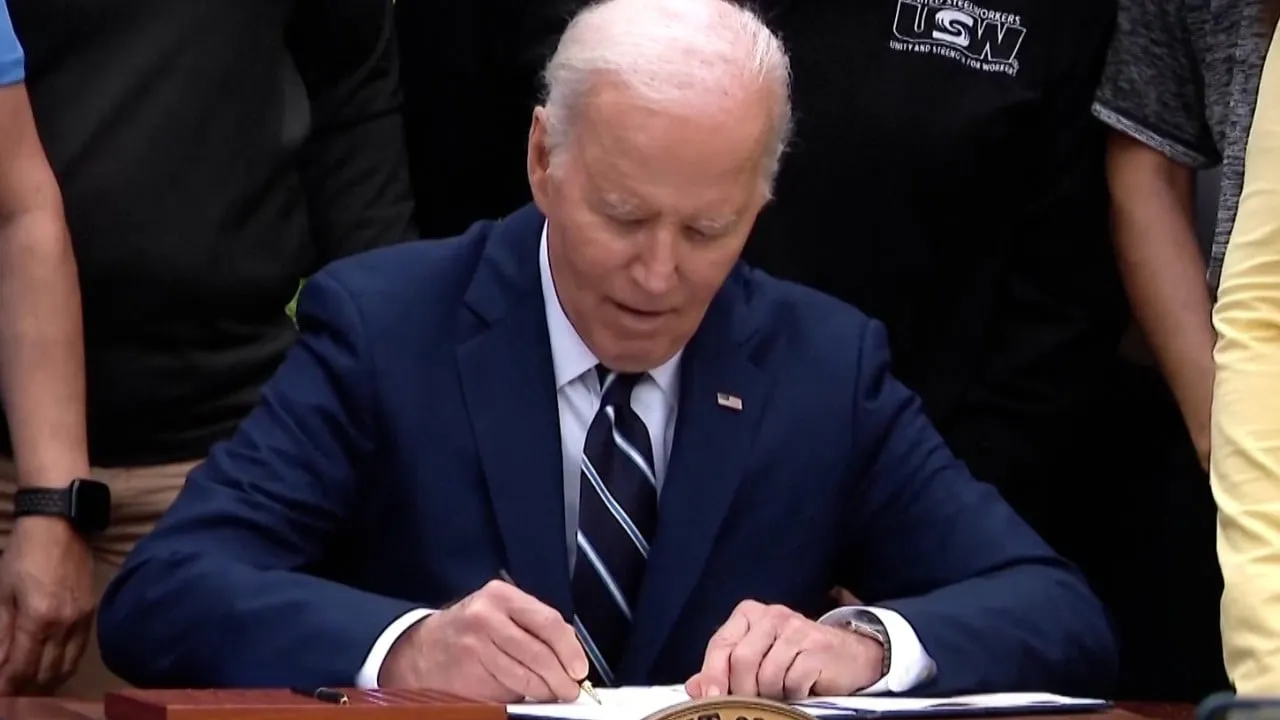China Baowu Group and the Transition of China-Japan Economic Relations

The Transformation of China-Japan Economic Relations
In recent years, the streets of China have been dominated by a surge in electric vehicles (EVs), with Chinese brands leading the charge, marking a stark departure from the once-popular Japanese models. A recent pivotal moment in Sino-Japanese relations occurred with Nippon Steel announcing the end of its joint venture with Baosteel, a historic collaboration that started nearly 50 years ago. This shift underscores China's advancements in manufacturing and highlights the end of an era in bilateral economic ties forged by Deng Xiaoping.
The Rise of China Baowu Group
Today, China Baowu Group—formed by the merger of Baosteel and Wuhan Iron and Steel—stands as the world's largest steel manufacturer. Historically, China's steel industries grew through partnerships, enabling rapid technical advancement. However, geopolitical shifts and trade tensions have altered this cooperation framework. As Zhao Zhijiang of Anbound notes, Japanese companies are transforming their market approaches amidst China's ascension in trade and automobile exports.
Challenges for Japanese Automakers
- Declining Sales: Japan's top automakers, including Toyota, Nissan, and Honda, have reported declining sales figures, with a 13% drop in vehicle sales in China during the first half of this year.
- Market Competition: Chinese brands have successfully captured over 60% of the automobile market, marking a significant shift from Japan's historic dominance.
- EV Market Dynamics: Japanese firms have lagged in the transition to electric vehicles, leading to a strategic withdrawal from the Chinese market by several manufacturers.
Strategic Shifts and Future Prospects
As China eyes international markets, expanding operations across Southeast Asia, the Middle East, and beyond, Baosteel's planned investment in a green steel plant in Saudi Arabia—in partnership with Saudi Aramco—reflects this proactive approach. The evolving dynamics illustrate China’s transformation from merely attracting foreign investment to actively seeking export opportunities.
While challenges remain in geopolitics and evolving market landscapes, the trajectory indicates a fundamental shift in economic power and partnerships, urging continued observation of this pivotal relationship.
This article was prepared using information from open sources in accordance with the principles of Ethical Policy. The editorial team is not responsible for absolute accuracy, as it relies on data from the sources referenced.